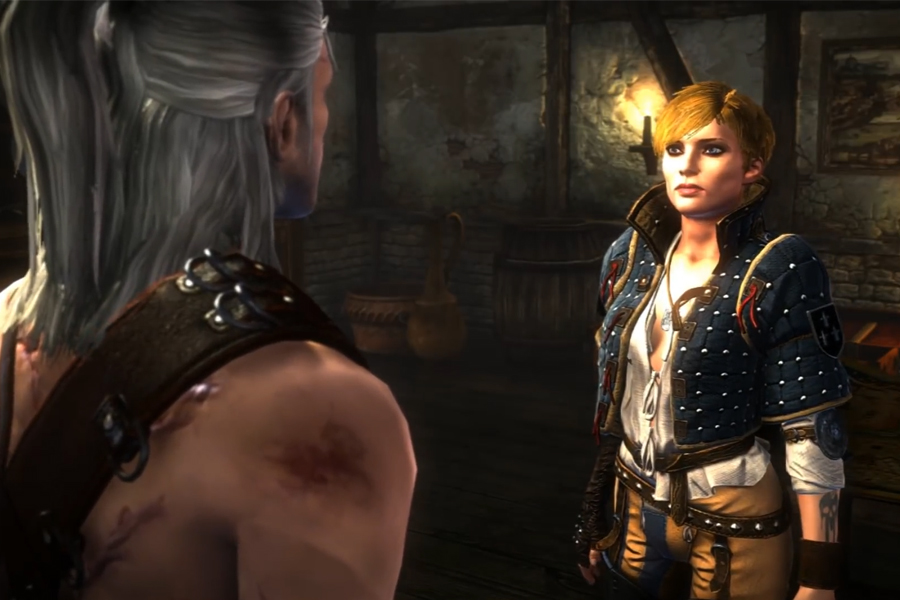
Video game creators continue to disappoint with gender stereotypes
Video game developers must deliver more realistic female characters; players are not fooled
 Most video games continue to portray female characters as objects of the “male gaze,” or the object of sexual attention from male characters
Image: Courtesy The Witcher
Most video games continue to portray female characters as objects of the “male gaze,” or the object of sexual attention from male characters
Image: Courtesy The Witcher
The video game industry is booming, with global revenue expected to reach $260 billion by 2025. But as more games flood the market and big names such as Google, Meta, and Apple prepare to enter the industry, gender stereotypes and the hyper-sexualization of female characters remain a significant issue that frustrates players.
So why do these games, despite their success, remain outliers?
Guys get the best roles; girls get the short skirts
Based on research I conducted with Hager Jemel–Fornetty and Laura Lacombe, colleagues at EDHEC Business School, most video games on the market continue to diminish women’s societal roles by creating storylines that give male characters the best parts, the most speaking lines, and the most exciting scenes. Meanwhile, female characters are stuck playing secondary and background roles and have less dialogue.We also found that most video games continue to portray female characters as objects of the “male gaze,” or the object of sexual attention from male characters. Indeed, many female characters in video games are dressed in short skirts, torn or skimpy blouses, and have large breasts or buttocks.
For our study, my colleagues and I focused on two games: Assassin’s Creed and The Witcher. In Assassin’s Creed, 87,1% of characters are male, and male characters perform 90,2% of speaking lines. The Witcher presented similar results: 83,3% of characters are male, and male characters perform 65,4% of speaking lines. We also looked at the types of roles female characters have in these games, and they were primarily stereotypical female roles such as a nurse, cook, mother, caretaker, etc.
An accurate view of history? Society?
Even more interesting is that the video game players we interviewed told us they accepted these stereotypical female characters because they believe that video game storylines represent a factual recounting of history. For example, suppose a video game is about Vikings. In that case, players accept that there are fewer female heroes because they believe that this is an accurate depiction of life in the 9th-11th Centuries.Of course, we know this is not true. Women have played crucial roles in politics, culture, and science for centuries. Even so, video game developers should not feel bound by historical facts. Video games are fictional and do not reflect reality, so why do female characters continue to get short shrift? The answer could be that most video game designers and their bosses are men. Although more women are entering the field, there is pressure on the industry to move quickly to create diverse teams.
Also read: Spain moves to end gender stereotypes in toy adverts
Female players are fed up
Female gamers we interviewed lamented the lack of interesting female characters. They admitted that they often select male characters to have better role-playing options and more fun while playing the game. Gamers we spoke with said they prefer to play strong, aggressive, and heroic characters who are male rather than play female characters who are represented as beautiful, seductive, and weak.More heroines, please!
We know from recent media coverage that there is much disruption in the video game industry and that some of the biggest names are rethinking their hiring practices and storylines to bring a more balanced representation of men and women to video games. Let’s hope that soon we’ll have more Aloys in the gaming world so that players and our society can embrace a more realistic view of women and their abilities.Guergana Guintcheva is Professor of Marketing and Programme Director of the MSc in Marketing Management at EDHEC Business School. Her research and personal passion revolve around entertainment marketing (cinema, museums and video games).
Post Your Comment

















